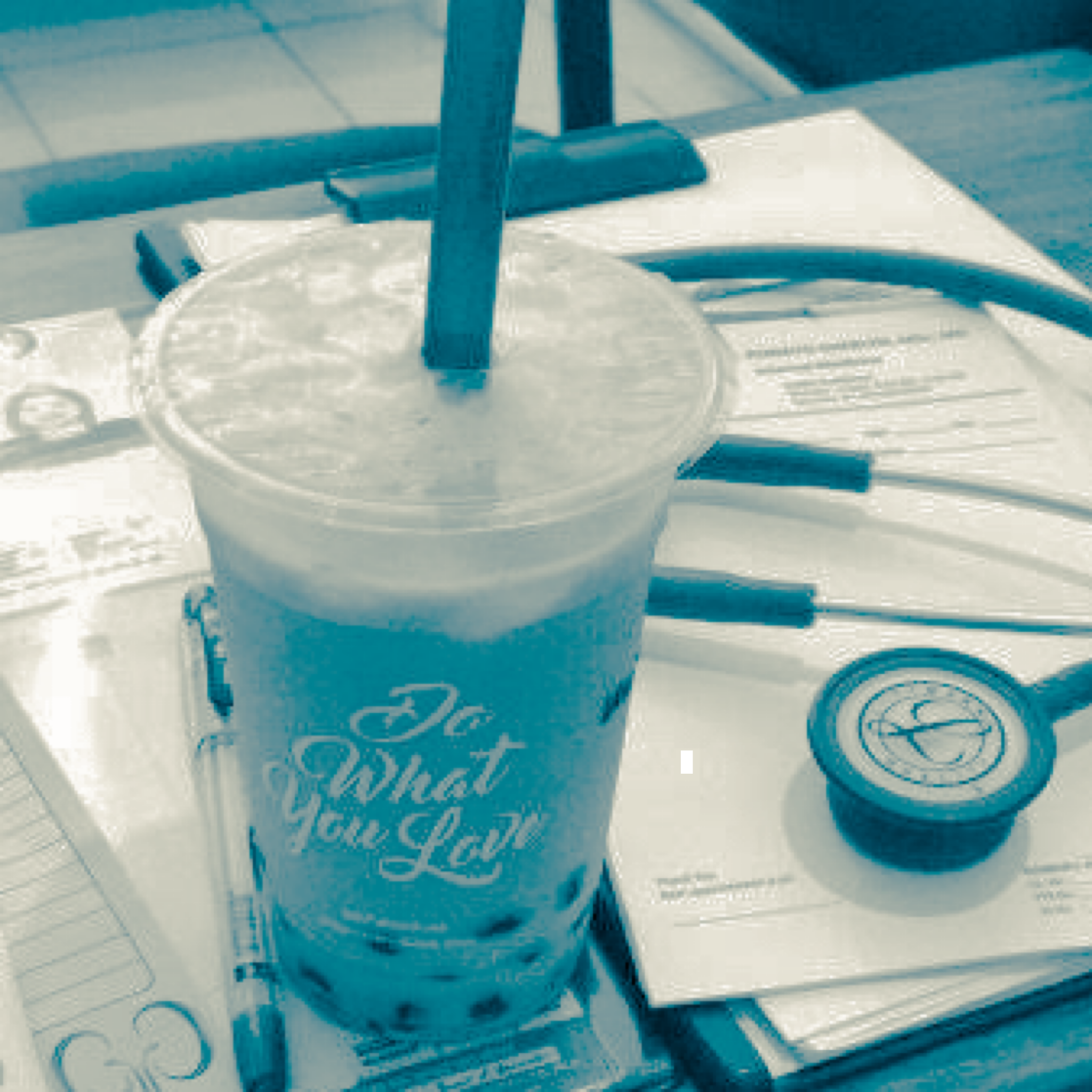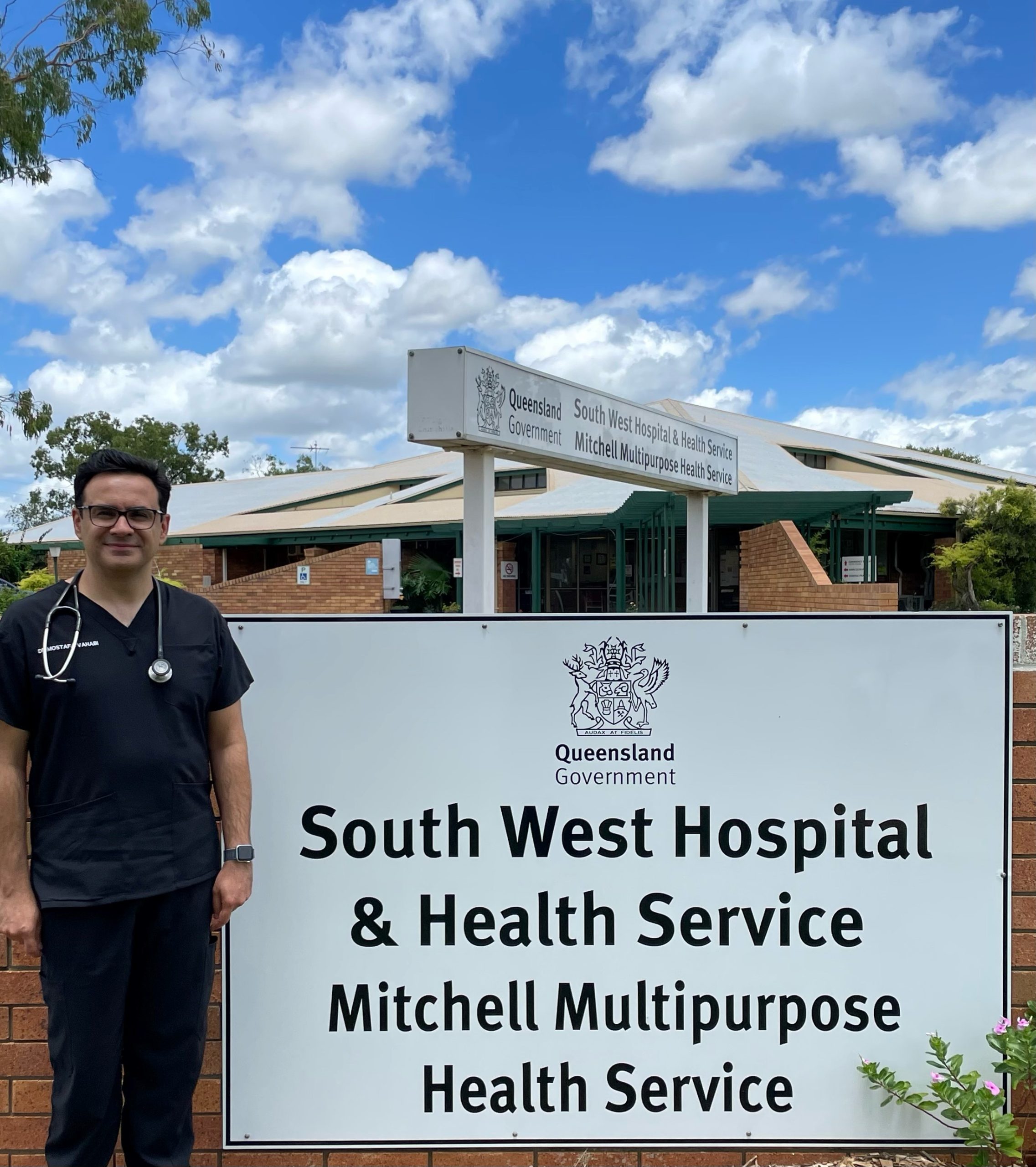“Night gathers, and now my watch begins.”
It is 1:24am and I’m mid-way through my run of nights. For those reasons you’ll have to be gracious with what is to follow…
I’m a QRGP trainee currently undertaking my Advanced Skills Training (AST) in O&G. I’m not going to pretend I’m an expert at on-call work. I’ve done my fair share, no more or less. These are my suggestions for junior doctors starting their night shifts.
The night is dark and full of terrors
You are not the only person awake. There are other clinicians around to seek advice from, albeit they can sometimes be hidden. You have the ED, ICU, a larger referral hospital, and a sensible colleague. Ask your senior nursing staff for their thoughts, as this is probably their hundredth patient with this condition. Remember registrars and consultants are paid to be on call, so call them for help if you feel out of your depth.
Iced coffee
My night world changed when I worked this one out. If your coffee starts cold, you won’t be disappointed when you come back to it perched somewhere random three hours later.
Eat
You heard it here first… humans need food. You will be hungry, as no one is meant to be awake all night. All those chips, chocolate and homemade goodies the nurses bring in will start singing your name. The sugar hit is fabulous; the comedown is hard. Make some healthy meals in advance and eat whenever you get a chance.
Sleep
Unlike sugar gliders, we are not nocturnal creatures. Accept that your body is a bit messed up right now and try to sleep whenever you can. Sometimes you win, sometimes you don’t.
Don’t book international flights
Give someone sensible your credit card until you are well and truly back on day shifts. No, it is not a good idea to start looking at those flights you’ve been meaning to book for your next break. Your future self will not thank you for the 42-hour, multiple layover flight to Argentina that departs and arrives in the wee hours of the morning. For one of my good mates, it’s the mystery $300 sports shoes that arrive on the doorstep the week after nights. Whatever your sleep deprived brain tells you, don’t open the internet.
Victory breakfast
It’s a thing. Do it.
Buy fun socks
For those rebels who didn’t give their credit card to their dog for safe keeping. We have a hard job, so doing something innocent and fun can remind you that life isn’t that bad. Shout yourself lunch in the park, read a book, watch a good movie, share a meal with your mates; whatever keeps you ticking. This is especially important when you’re sure the world will never look the same after ‘that last emergency’. After working in O&G this year, a few of my favourite socks have been sacrificed to the Birthing Gods. I think of it as a good opportunity to extend my selection of socks with pineapples on them.
Breathe and think
In an emergency, even with the most acutely unwell patient, you usually have a few minutes. It can feel like you need to have the answer in the first second when someone is sick, but that’s very rarely the case. Stop for just a moment, breathe, and let yourself think. Trust yourself to do your best. It’s ok not to know the answer, so remember to call for help early.
You are there to keep patients safe
On-call work isn’t designed to pick up the slack of the day jobs. Some jobs can wait until morning. Your priority is to address problems which crop up overnight and to keep your patients safe. This gives you a better appreciation when you need to stay back to sort out a complicated patient or re-write a medical chart before you head home for the day.
Be kind to yourself
You will make mistakes; hopefully not many irreversible ones. Learn from them, remember you are human and that you’re trying your best.
Outside of hours work almost feels a bit like a coming of age in medicine. You get to explore your skills, use your head, and work to keep your patients safe. In the wise words of Albus Dumbledore, “It is the unknown we fear when we look upon death and darkness, nothing more”.
Bek Adams | O&G AST trainee, Ipswich
Photo credit: Trip advisor







